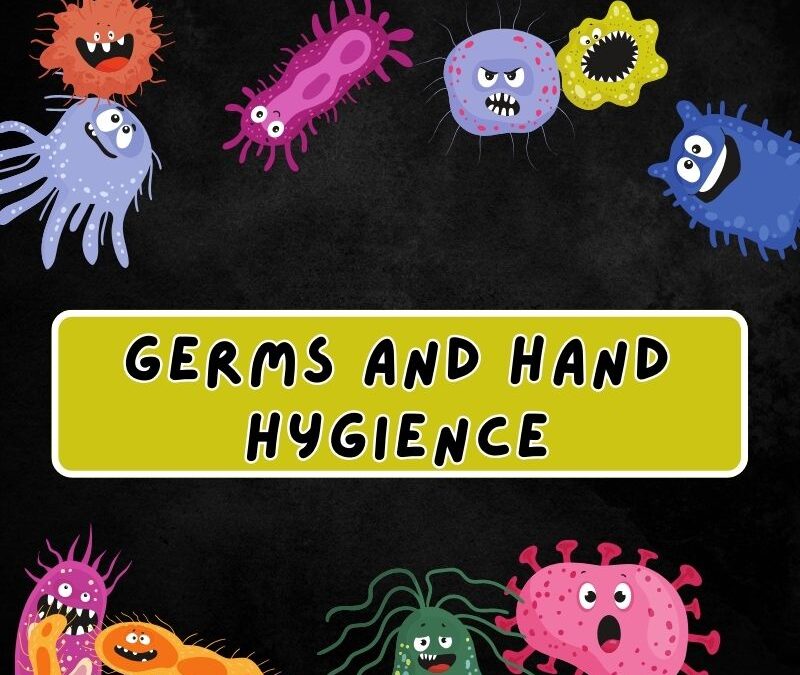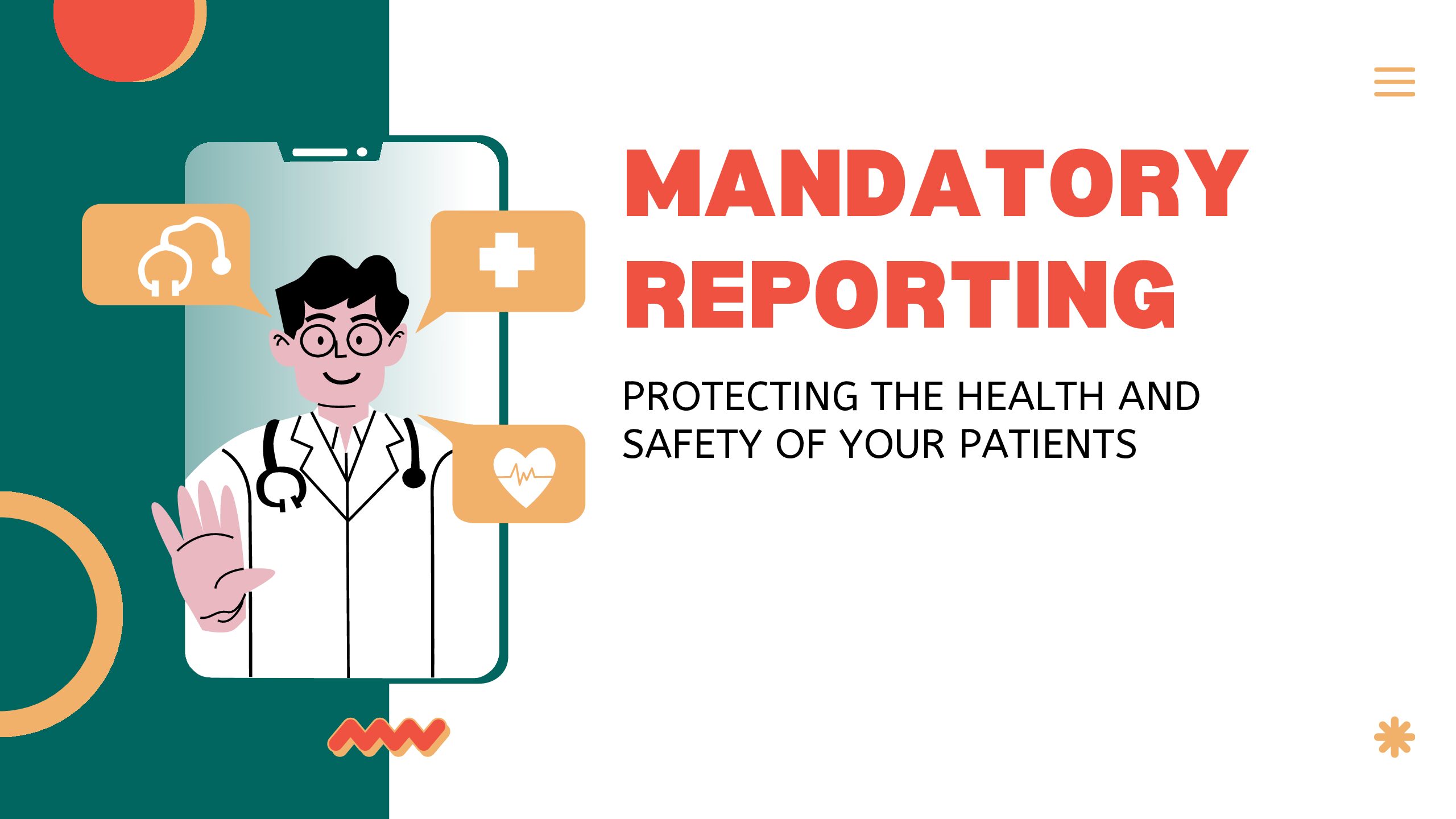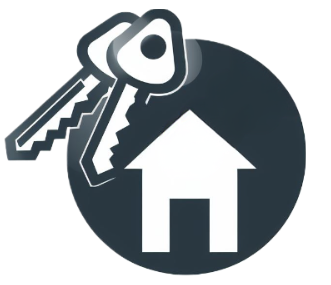
by editor | Mar 9, 2025 | Hospice Research Articles
Abstract
Palliative care aims to improve the quality of life for seriously ill individuals and their caregivers by addressing their holistic care needs through a person- and family-centered approach. While there have been growing efforts to integrate Artificial Intelligence (AI) into palliative care practice and research, it remains unclear whether the use of AI can facilitate the goals of palliative care. In this paper, we present three hypothetical case examples of using AI in the palliative care context, covering machine learning algorithms that predict patient mortality, natural language processing models that detect psychological symptoms, and AI chatbots addressing caregivers’ unmet needs. Using these cases, we examine the ethical dimensions of utilizing AI in palliative care by applying five widely accepted moral principles that guide ethical deliberations in AI: beneficence, nonmaleficence, autonomy, justice, and explicability. We address key ethical questions arising from these five core moral principles and analyze the potential impact the use of AI can have on palliative care stakeholders. Applying a critical lens, we assess whether AI can facilitate the primary aim of palliative care to support seriously ill individuals and their families. We conclude by discussing the gaps that need to be further addressed in order to promote ethical and responsible AI usage in palliative care
Link to Full Article
Link to article: https://tinyurl.com/76kny69m

by editor | Feb 9, 2025 | Care Keys - Aides, Care Keys - Chaplains, Care Keys - Nurses, Care Keys - Social Workers, Teaching Tools
Clean hands are one of the most important ways you protect your patients, yourself, and your community. Let’s learn why hand hygiene is so vital and how to do it right.
A Quick Look Back:
Did you know that doctors didn’t always understand the importance of handwashing? Back in the 1800s, a doctor noticed many women were dying after childbirth. He realized that medical students, after working with deceased individuals, were going straight to deliver babies without washing their hands. The doctor figured out that something from the deceased individuals was making the new mothers sick. When he made the students wash their hands, the number of sick mothers dropped dramatically! This was a huge discovery.
Today, we know much more about germs and how they spread. We know that handwashing is a powerful tool to prevent infections.
What is Hand Hygiene?
Hand hygiene means cleaning your hands. You can do this in two ways:
- Washing with soap and water: This physically removes germs from your hands.
- Using hand sanitizer: This kills germs on your hands. For hand sanitizer to work, it needs to have at least 60% alcohol.
Germs: They’re Everywhere!
Germs are tiny living things that can make people sick. They’re on everything we touch – doorknobs, phones, food, and, of course, our hands. When you touch something with germs on it, the germs get on your hands. Then, when you touch something else, you can spread those germs. This happens everywhere, not just in healthcare settings, but also at home, in stores, and in the community.
Why is Hand Hygiene So Important?
Hand hygiene is essential because it stops the spread of germs. By cleaning your hands, you protect:
- Your patients: Especially those who are already sick or weak.
- Yourself: You can get sick from the germs you pick up.
- The environment: You prevent germs from spreading to other people and places.
Hand Hygiene in Hospice Care:
In hospice care, hand hygiene is extra important. Many patients have weakened immune systems, making them more vulnerable to infection. As a hospice home health aide, you move between different homes and patients, so you must be extra careful not to spread germs. Think about all the surfaces you touch and the different people you interact with. Clean hands are your first line of defense.
When Should You Clean Your Hands?
Clean your hands often! Here are some key times:
- Before and after touching a patient.
- Any time you touch blood, body fluids (like saliva or mucus), or anything that might be contaminated.
- After taking off gloves.
- After using the restroom.
- Before preparing food.
- Any time your hands look or feel dirty.
Handwashing vs. Hand Sanitizer:
Hand sanitizer is quick and easy. It’s great for times when you can’t get to a sink right away. However, handwashing with soap and water is the best way to clean your hands, especially when they are visibly dirty.
When to Wash (Soap and Water):
- When your hands are visibly dirty.
- After using the restroom.
- When caring for patients on special contact precautions (your supervisor will tell you when this is needed).
How to Wash Your Hands
- Wet your hands with clean, running water.
- Lather your hands with soap.
- Scrub all surfaces of your hands – palms, backs, between fingers, under nails – for at least 20 seconds (sing “Happy Birthday” twice!).
- Rinse your hands well under running water.
- Dry your hands with a clean towel or air dryer.
How to Use Hand Sanitizer
- Apply enough sanitizer to cover all surfaces of your hands.
- Rub your hands together until they are dry (about 15-20 seconds).
Remember: Clean hands save lives. By following these hand hygiene guidelines, you’re making a real difference in the health and well-being of your patients, yourself, and your community.
Where Can You Find Out More?
- See this video about hand hygiene
- CDC: About Hand Hygiene for Patients in Healthcare Settings
- CDC Clinical Safety: Hand Hygiene for Healthcare Workers

by editor | Jan 23, 2025 | Care Keys - Aides, Care Keys - Chaplains, Care Keys - Nurses, Care Keys - Social Workers, Career Advancement, Clinical Compliance, Patient Care, Rules and Regulations - Chaplains
What is mandatory reporting?
Hospice clinicians advocate for their patients and their patients’ families. As a clinician, one of the most important ways that you can advocate for their patient is by engaging in mandatory reporting when you observe or suspect that your patient is being neglected or abused.
What is a mandatory reporter?
A mandatory reporter has an individual duty to report known or suspected abuse or neglect relating to children, dependent adults, or elders. These include:
- A child is anyone who is under 18 years old
- A dependent adult is anyone between 18 and 64 years of age who has physical or mental limitations that restrict their abilities to carry out normal activities or protection of their rights
- An elder is anyone 65 years of age or older
A reporter should report good faith beliefs or reasonable suspicions of abuse or neglect. The report will be confidential, and the identity of the reporter will be hidden from the public.
Who are mandated reporters?
State-specific laws specify several professions of mandatory reporters. These include professions such as:
- Social workers
- Teachers
- Healthcare workers
- Law enforcement
- Childcare providers
- Medical professionals
- Clergy
- Mental health professionals
The list of professions of mandatory reporters varies by state.
What is abuse?
Although we often think of abuse as physical abuse, remember that abuse can come in all different forms. For example, forms of abuse include:
- Physical abuse
- Mental anguish
- Financial abuse
- Sexual abuse
- Emotional abuse
Protect your patients by looking out for all of these different forms of abuse. No one deserves to be subject to any form of abuse.
How can you best protect your patient?
To best protect your patients, constantly be aware and on the lookout for any types of abuse or neglect. Hospice patients are vulnerable since they are often physically frail, dependent on others around them for support and care, and unable to advocate for themselves. As a healthcare worker, you need to advocate for your patient in the case of suspected neglect or abuse.
Continually assess the patient for any signs of abuse or neglect. Look out for any unusual behaviors. Follow any of your agency’s protocols in documenting any observations and conversations. If you identify concerns, share these concerns with the appropriate individual in your agency.
How do you report?
If your agency cannot provide you with clear guidance about how to report the suspected abuse or negligence, each state has websites that can provide you with that guidance. Each state has specific requirements on what you must report, required timing of reporting, and the like.
In addition, most states have reporting hotlines. Remember to be detailed and accurate when you file the report and to provide all the required information.
Why is it important for you to report?
Sometimes, you “may not want to bother” to report suspected abuse or you may feel “it is not your business to get involved”. However, here are two key considerations:
- As a healthcare worker and medical professional, you are a mandated reporter and as such, by law, you have a duty to report known or suspected abuse or neglect
- As a patient advocate and healthcare professional, you have an ethical duty to report instances of known or suspected abuse or neglect
Identifying abuse or neglect as early as possible is critical for the physical and mental health of the abused or neglected individual. Your actions can have profound positive consequences on your patient’s life. Remember: if you see something say something!
Where can you find out more?

by editor | Jan 2, 2025 | Human Resources, Metrics and KPIs
Goals have come to dominate our modern workplace. Goals are a way of breaking down business plans into smaller more manageable pieces. This enables an organization to accomplish some of the targets and plans that were specified during their planning cycle.
Organizations set strategic goals, teams set team goals, and employees set individual goals. Team goals and employee goals should be aligned with and supporting the organizational strategic goals.
A common practice is that goals are set early in the year and then, at the end of the year, achievement against those goals is measured. For example, an employee will usually meet with his or her manager early in the year to define goals for the year. Then, at the end of the year the employee is measured against the stated goals that were set at the beginning of the year. Further, employee bonuses are frequently tied to the successful completion of their defined goals. The widely accepted understanding is that goals should be SMART: specific, measurable, achievable, realistic, and time bound.
Is this the best approach?
SMART goals are widely used to implement strategies and monitor performance, but research suggests that some elements of SMART goals may hinder an organization’s broader objectives.
The first consideration is the overall timeline of the process. SMART goals are set once and then individuals and teams work throughout the year to achieve these goals. However, this approach overlooks the value of ongoing discussions throughout the year. In today’s fast-changing environment, failing to regularly revisit and adjust goals can be a significant risk for organizations.
Another consideration is the achievable aspect of SMART goals and the fact that employee end of year compensation is tied to achieving goals. Employees often set overly conservative goals to ensure success, stifling ambition and overall organizational success.
Finally, this process does not encourage collaboration, which is a key element to achieving organizational success. When individuals and teams set their own goals that are not shared with others in the organization, there is a risk of misaligned goals across different individuals and teams within the organization.
FAST goals can help to overcome some of these downsides of SMART goals.
What are FAST goals?
- Frequently Discussed: Short term goals that allow for faster evaluation and achievement cycles, with multiple review cycles throughout the year. Progress toward the goal and resources allocated toward the goal are discussed on a regular basis. The feedback loop enables fast modifications, as required.
- Ambitious: The goals are possible to achieve but stretch you a little – just past your point of comfort. Goals that are challenging yet achievable with effort — commonly referred to as stretch goals —motivate us to strive toward achieving them.
- Specific: The goals have concrete milestones and metrics. This way you can measure how much progress you have made toward achieving the goal.
- Transparent: The goals should be available for view across the organization. Employees should feel comfortable sharing their goals with team members and those outside their team. This encourages accountability and drives the organization to meet its overall strategic goals. This also helps to overcome the risk of misaligned goals. Finally, if an element of bonus or profit sharing is tied to the organization meeting its overall strategic goal, transparency allows and encourages individuals and teams to provide support across the organization, also increasing the likelihood that the organization will meet its strategic goals.
What are the benefits of FAST goals?
FAST goals benefit employees by fostering a sense of purpose and connection to the organization’s larger mission, boosting morale and engagement. The emphasis on regular feedback and collaboration helps employees feel supported and valued, while ambitious yet achievable goals encourage growth and innovation without fear of failure. This approach creates a positive work environment where individuals are motivated to excel and contribute meaningfully to the team’s success. All of this contributes to the success of the organization and helps the organization achieve its organizational goals.
In today’s rapidly evolving workplace, FAST goals offer a modern approach to goal-setting that emphasizes agility, alignment, and accountability. By focusing on frequent discussions, ambitious yet achievable objectives, and transparent tracking, FAST goals drive collaboration and innovation across teams. Unlike traditional methods, this approach encourages employees to stay adaptable and aligned with organizational priorities, even in dynamic environments. As businesses continue to navigate change, adopting FAST goals can be a powerful strategy to foster growth, improve performance, and achieve long-term success.
Where can you find out more?
- MIT Management – Strategic Agility
- Video – What are SMART goals?

by editor | Dec 10, 2024 | Clinical Compliance, Compliance and Regulatory - Directors, Human Resources, Keys to Compassionate Care, Regulatory Compliance
When an employee brings forward a compliance concern, they’re engaging in what the law defines as protected activity. This might involve reporting a potential violation of hospice regulations, concerns about Medicare fraud, or even raising issues about unsafe working conditions. These are rights guaranteed under various laws, like the False Claims Act, OSHA protections, and Title VII of the Civil Rights Act, which protect employees who speak up.
In responding to employee concerns, there is a fine line between addressing workplace concerns and crossing into retaliation territory. Retaliation isn’t always a blatant act of revenge. Sometimes, it’s more subtle, even subconscious. Sometimes management at the hospice agency may feel frustrated or betrayed by an employee’s complaint and – without realizing it – allow those feelings to influence their decisions. Maybe the employee was already struggling with performance, or maybe there were pre-existing tensions on the team. But when an adverse action—like firing, demotion, or cutting hours—happens shortly after a complaint, it’s easy for that decision to be seen as retaliatory, even if it wasn’t intended that way.
What is Retaliation?
To clarify what retaliation means, it’s any adverse action taken against an employee because they engaged in protected activity. Timing is a major red flag here. If an employee files a compliance report and is terminated shortly after, it raises questions. Even if you feel justified in your decision, the timing alone can look suspect to a court, regulatory agency, or even the employee’s peers.
What are the Consequences of Retaliation
And the consequences for retaliation? They’re not just legal—they’re also reputational. If a claim is brought against an agency, the agency could face:
- Reinstatement of the employee to their position, even if you’ve moved on.
- Back pay, damages, and legal fees, which can quickly add up.
- Regulatory scrutiny, which might open the door to deeper investigations into the agency’s practices.
- And, perhaps most damaging, the perception that we don’t care about compliance or employee rights. That’s not a message we can afford to send.
From the employee’s perspective, they have a number of options if they feel they’ve been retaliated against. They might file a complaint with OSHA, EEOC, or state regulators. They could seek legal action for wrongful termination or take their concerns to external auditors or even the media. Once that door is opened, the hospice agency loses control of the narrative.
How Can You Avoid Retaliatory Behavior?
So, what can you do to avoid even the appearance of retaliation? Here’s are some suggestions:
- Document everything: If there are performance concerns or other issues unrelated to the complaint, make sure there’s a clear, consistent record. This documentation can be your best defense.
- Separate decision-making: If you’re in the middle of handling a compliance complaint, let someone outside the situation—like your compliance officer or HR—review any proposed actions against the employee.
- Follow established protocols: Deviating from your normal policies, especially when dealing with someone who has raised a complaint, can make it look like you are targeting them.
- Train your leaders: Everyone in management needs to understand what retaliation looks like and how to avoid it.
Leadership sometimes expresses concerns about employees “stirring up trouble” or raising issues for self-protection. But the law doesn’t distinguish between “valid” and “troublesome” complaints. Protected activity is protected activity, full stop.
Take a step back. If you’re ever considering taking action against an employee who has engaged in protected activity, discuss it first with your HR or compliance team. Together, you can ensure the decision is based on legitimate, well-documented reasons and not influenced—even unconsciously—by the complaint itself.
At the end of the day, your goal is to serve patients and families with integrity and compassion. That means creating a culture where employees feel safe to speak up about compliance issues without fear of retaliation. Protecting that culture isn’t just about avoiding lawsuits—it’s about doing what’s right for your team, your agency, and the people you care for.





